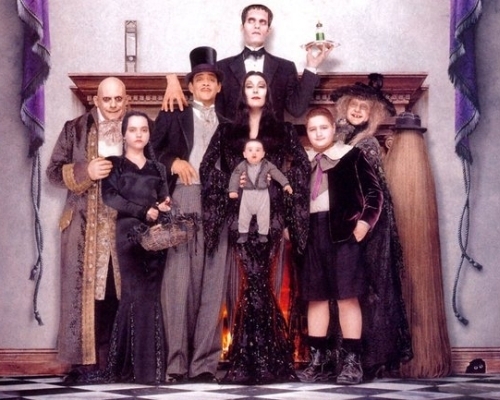Before 300: Pre-Constantinian Christianity


It is often asserted that the Catholic Church was founded by the Constantine, who was Emperor of the Roman Empire from AD 306-337. A couple of weeks ago, a lady named Monica made such an assertion and in earlier post I pointed out some of the problems with such a theory.
However, today I would like to do something a little different… In this post I would like to set forth the positive historical case for the existence of the Catholic Faith in the generations prior to Constantine. I will show how twenty-two different Catholic doctrines were taught long before Constantine rose to power:
- The Church is Catholic
- The Church has a three-fold structure of leadership
- There is unity through episcopal authority and schism is evil
- Sacred Tradition is authoritative
- Worship is liturgical
- There is Apostolic Succession
- Peter has Primacy
- The Eucharist is a Sacrifice
- Jesus is truly present in the Eucharist
- The Eucharist is taken to the sick
- Infants are to be baptized
- Baptism actually washes away sin
- Priests forgive sins
- Works are involved in salvation
- Prayers are said for the dead
- There is purgation after death
- Relics are venerated and Saints are celebrated
- Mary is the New Eve
- Mary was a perpetual virgin
- Mary is the Mother of God
- Prayers are made to Saints
- Songs are sung to Mary
I will demonstrate these early Christian belief by looking at primary sources alone and restricting myself to writings produced prior to AD 300.
Read more





